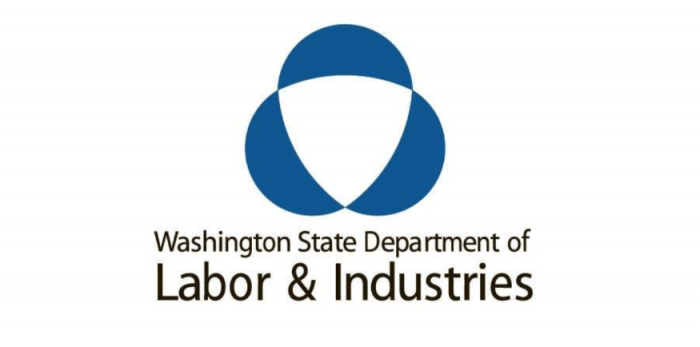As the 2019 legislative session fast approaches, the Washington State Department of Labor and Industries is in its final stages of refining major labor-law rule changes. The changes are set to make many more Washington workers eligible to receive protections like overtime pay and paid sick leave.

The Morning Wire: Keeping you informed on politics, policies, and personalities of Washington State.
Currently, employers aren’t legally required to provide those protections for salaried employees who make over roughly $24,000. The department’s most recent pre-draft rule would raise that salary threshold to between 2 and 2.5x the state minimum wage starting in January 2020. Since Washington’s minimum wage will increase to $13.50 in 2020, that’s equivalent to a salary of between $56,160 and $70,200 the year the changes would take effect.
In its original draft rule concepts, the department was considering a wider range of salary thresholds, but has since gathered and incorporated stakeholder feedback on those initial concepts and its first pre-draft rule.
Its current, second pre-draft rule is now open for feedback online and at several live sessions from now until December 14. The department is hoping for input on, among other things, how a new, higher threshold should be rolled out.
“As part of the proposal, L&I is looking for feedback on whether the higher salary threshold should be phased in based on employer size or geographic location,” its press release says.
The new rule changes could also include aligning Washington’s “job duties” tests, which also determine whether salaried workers are exempt from overtime pay, with federal equivalents.
Stakeholders in labor, business, non-profit organizations, and higher education have differing perspectives on the changes, which will doubtlessly have a significant impact. In early October, the Wire’s DJ Wilson wrote an overview of various opinions that’s a great introduction to the continuing conversation.
Following this round of feedback, the department will release its final draft for the formal rulemaking process early next year.
Your support matters.
Public service journalism is important today as ever. If you get something from our coverage, please consider making a donation to support our work. Thanks for reading our stuff.



